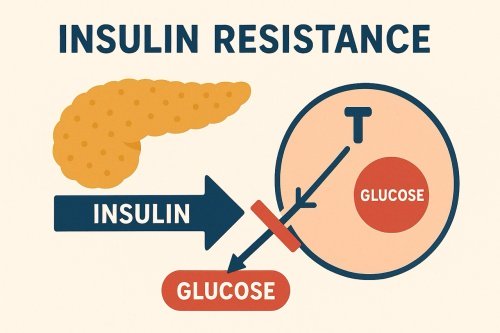Progesterone for Parkinson's Disease?
by Patty
(USA)
Hi Wray! I just found your site a couple days ago and I am really enjoying it!!
I too have done a lot of reading about natural progesterone for at least 20 or more years.
My husband found out a couple yrs. ago that he has Parkinson's Disease. I did research and found out how magnesium can really help with some of the symptoms. I am not at all surprised to see how all my reading and research are now fitting together like a puzzle!!
I give you a lot of credit for comprehending the way the body and hormones, vitamins, minerals, enzymes, neurotransmitters, etc... all interact and are dependent on one another.
In fact, I never knew until now about how we need to have magnesium before taking Vit D!!
While doing research for my husband's condition, I also found Dr David Perlmutter. It is so great that his latest book, "Grain Brain" has become a NY times best-seller!!
I would like to know your take on how natural progesterone cream can help my husband. I am planning to buy your Nat Pro. I currently have the Progest.
I am 51 and my husband is 61. He had always been so youthful. Everyone always said, "he can do anything!" (Jack-of-all-trades). :)
His muscles are very weak and he started having terrible pain trying to stand up from a squatting position. I noticed some tremors when he would hold a spoon to his mouth. He would excessively drool in his sleep. He drags his feet when he walks and has worn out heels on his boots.
The most heartbreaking thing which I can't bear is to see his cognitive abilities getting worse.
Some days he seems his old self, other days he will pause so long before he answers me.
He can stare at and go over the same info on a bill or letter.
I am the type of person that does not follow the old school way of medicine.
When I had 2 large cysts the size of grapefruits near my ovaries and the doctors talked hysterectomy, I knew "NO WAY!!!" Because of that, I found a doctor who agreed to just remove the cysts and that's
just what he did!!
Thankfully, because I refused a hysterectomy, my husband and I have a beautiful 18 yr. old daughter!!!
That is about when I started my journey into investigating progesterone.
After my surgery, I was given a synthetic progestin to stop functional cysts from growing on my ovaries.
I feel I was born having anxiety and depression, and at first the fake progesterone almost felt like an anti-depressant!! But then I felt worse.
I found Dr. Lee's books and my quest to understand really took off!!
So, I use natural progesterone cream for myself and would like to know how you think it may help my husband with the Parkinson's. I plan on taking him to see Dr. Perlmutter in person for a second opinion on treatment. My husband will listen more if a doctor tells him to try a natural treatment.
Thanks for reading my story!
You are an AMAZING person Wray with your own amazing story.
I want to thank you SO MUCH for this WONDERFUL website!!
You have truly done your homework and know your stuff girl!! :)
Comments for Progesterone for Parkinson's Disease?
|
||
|
||
|
||
|
||
|
||
|
||
|
||
 If you are feeling confused or overwhelmed by fertility challenges, or wondering if hormone balance might be affecting your ability to conceive you are not alone—many women and couples face uncertaint…
If you are feeling confused or overwhelmed by fertility challenges, or wondering if hormone balance might be affecting your ability to conceive you are not alone—many women and couples face uncertaint…
 _____
_____ Feeling tired, foggy, or struggling with stubborn weight gain—especially around the waist? You might be surprised to learn that these symptoms could be linked to insulin resistance, a condition that a…
Feeling tired, foggy, or struggling with stubborn weight gain—especially around the waist? You might be surprised to learn that these symptoms could be linked to insulin resistance, a condition that a…